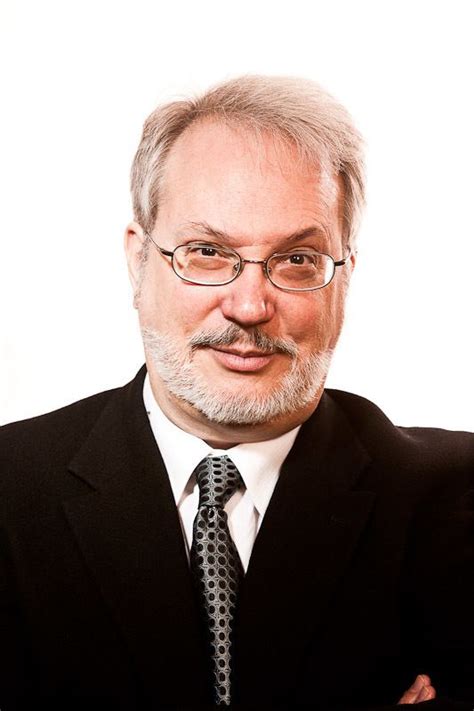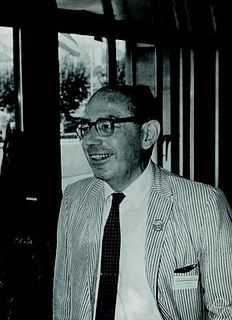A Quote by Gautama Buddha
Only he who crosses the stream of life wishes to know what is known as unknowable.
Related Quotes
We ought not to believe those who today, adopting a philosophical air and with a tone of superiority, prophesy the decline of culter and are content with the unknowable in a self-satisfied way. For us there is no unknowable, and in my opinion there is also non whatsoever for the natural sciences. In place of this foolish unknowable, let our watchword on the contrary be: we must know - we shall know.
Wishes of one's old life wither and shrivel like old leaves if they are not replaced with new wishes when the world changes. And the world always changes. Wishes get slimy, and their colors fade, and soon they are just mud, like all the rest of the mud, and not wishes at all, but regrets. The trouble is, not everyone can tell when they ought to launder their wishes. Even when one finds oneself in Fairyland and not at home at all, it is not always so easy to remember to catch the world in it's changing and change with it.
A true religion will have the humbleness to admit that only a few things are known, much more is unknown, and something will always remain unknowable. That 'something' is the target of the whole spiritual search. You cannot make it an object of knowledge, but you can experience it, you can drink of it, you can have the taste of it - it is existential.
I am beginning to understand that the stream the scientists are studying is not just a little creek. It's a river of energy that moves across regions in great geographic cycles. Here, life and death are only different points on a continuum. The stream flows in a circle through time and space, turning death into life across coastal ecosystems, as it has for more than a million years. But such streams no longer flow in the places where most of us live.
When the atheist is told that God is unknowable, he may interpret this claim in one of two ways. He may suppose, first, that the theist has acquired knowledge of a being that, by his own admission, cannot possibly be known; or, second, he may assume that the theist simply does not know what he is talking about.
































